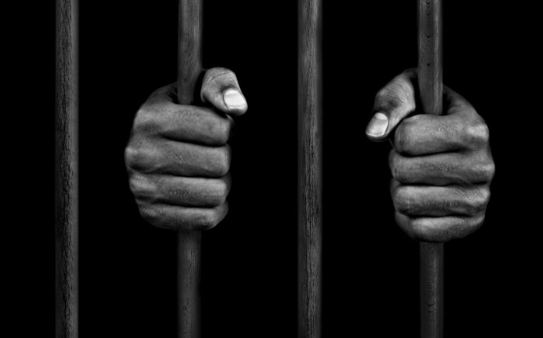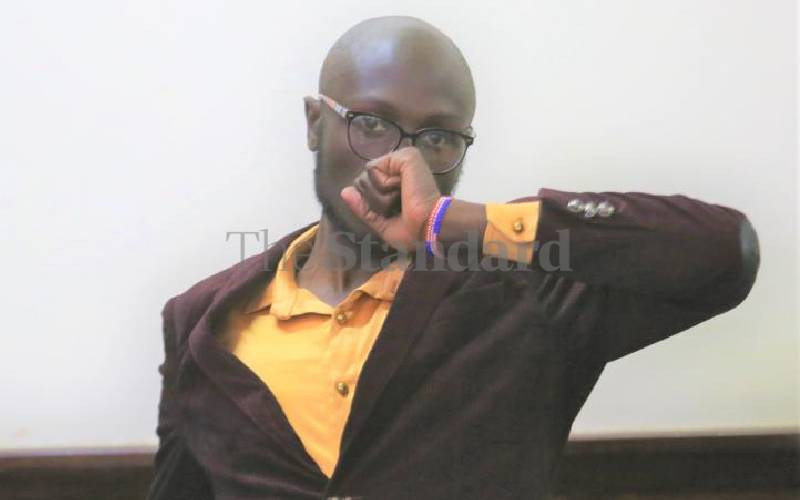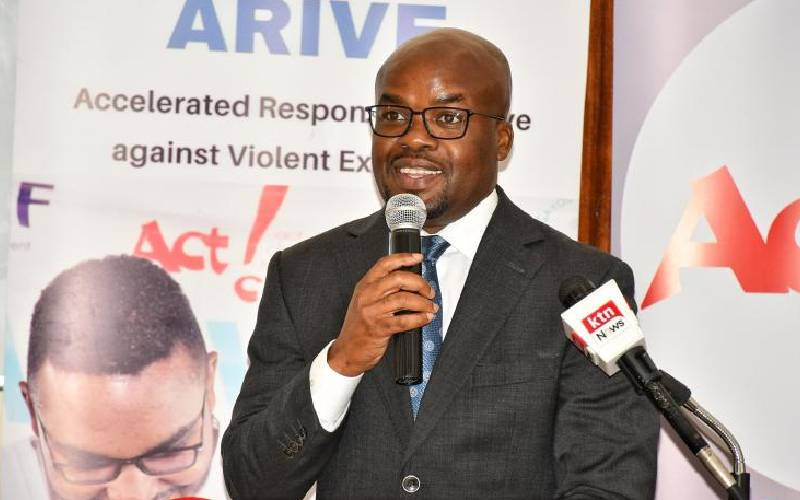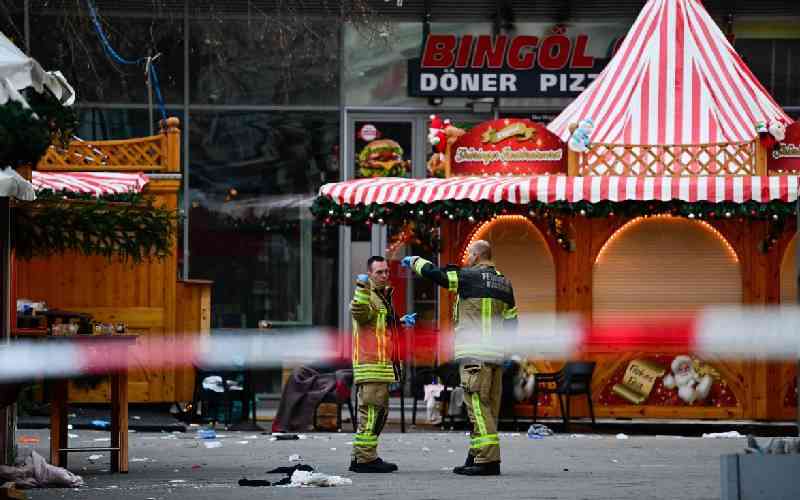
A Russian court on Wednesday found a Danish adherent of the Jehovah’s Witnesses guilty of organizing the activities of a banned extremist organization and jailed him for six years in a case Western governments cast as a test of religious freedom.
Armed police detained Dennis Christensen, a 46-year-old builder, in May 2017 at a prayer meeting in Oryol, some 200 miles (320 km) south of Moscow after a court in the region outlawed the local Jehovah’s Witnesses a year earlier.
Russia’s Supreme Court later ruled the group was an “extremist” organization and ordered it to disband nationwide, and Christiansen’s detention, the first extremism-related arrest of a Jehovah’s Witness in Russia, foreshadowed dozens of similar cases.
A court in Oryol found Christiansen guilty on Wednesday after a long trial, his lawyer, wife and a spokesman for the Jehovah’s Witnesses told Reuters.
Christiansen had pleaded not guilty, saying he had only been practicing his religion, something he said was legal according to the Russian constitution which guarantees the right to practice any or no religion.
The U.S.-headquartered Jehovah’s Witnesses have been under pressure for years in Russia, where the dominant Orthodox Church is championed by President Vladimir Putin. Orthodox scholars have cast them as a dangerous foreign sect that erodes state institutions and traditional values, allegations they reject.
But Russia’s latest falling-out with the West, triggered by Moscow’s annexation of Crimea from Ukraine in 2014, spurred a more determined drive to push out “the enemy within”.
After Crimea was seized, a giant poster hung in central Moscow bearing the faces of Kremlin critics and labeling them as “a fifth column”. One of them, opposition politician Boris Nemtsov, was later shot dead.
Anton Bogdanov, Christiansen’s lawyer, said he planned to appeal Wednesday’s verdict, which he described as an illegal decision and part of Russia’s fight against religious freedom.
He said he feared the verdict would set a dangerous precedent.
More than 100 criminal cases have been opened against Jehovah’s Witnesses and some of their publications are on a list of banned extremist literature.
Yaroslav Sivulsky, a Jehovah’s Witness spokesman, said the group was disappointed by what it regarded as an unjust verdict.
Dmitry Peskov, a Kremlin spokesman, said there had clearly been reasons for Christiansen’s arrest, but that he was unaware of the details of the case.
The group has around 8 million active followers around the world and has faced court proceedings in several countries, mostly over its pacifism and rejection of blood transfusions.
Stay informed. Subscribe to our newsletter
 The Standard Group Plc is a
multi-media organization with investments in media platforms spanning newspaper
print operations, television, radio broadcasting, digital and online services. The
Standard Group is recognized as a leading multi-media house in Kenya with a key
influence in matters of national and international interest.
The Standard Group Plc is a
multi-media organization with investments in media platforms spanning newspaper
print operations, television, radio broadcasting, digital and online services. The
Standard Group is recognized as a leading multi-media house in Kenya with a key
influence in matters of national and international interest.
 The Standard Group Plc is a
multi-media organization with investments in media platforms spanning newspaper
print operations, television, radio broadcasting, digital and online services. The
Standard Group is recognized as a leading multi-media house in Kenya with a key
influence in matters of national and international interest.
The Standard Group Plc is a
multi-media organization with investments in media platforms spanning newspaper
print operations, television, radio broadcasting, digital and online services. The
Standard Group is recognized as a leading multi-media house in Kenya with a key
influence in matters of national and international interest.









